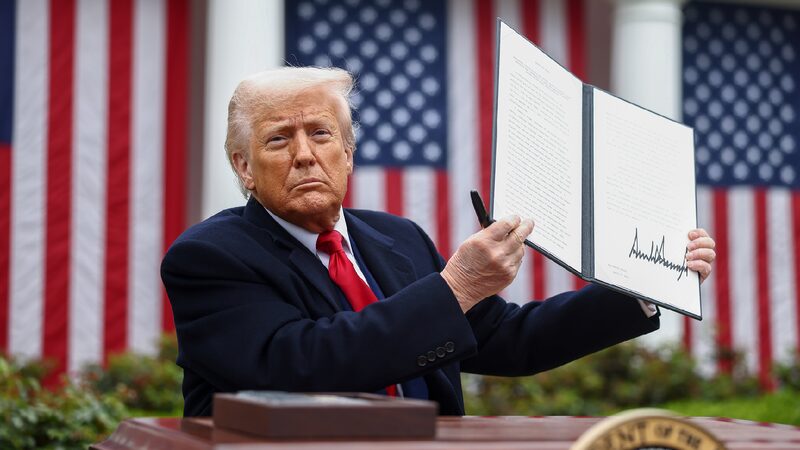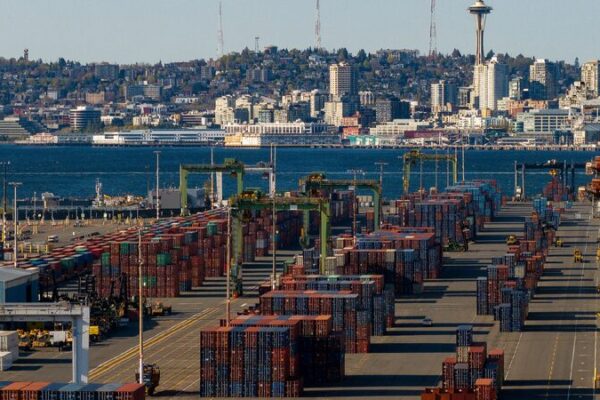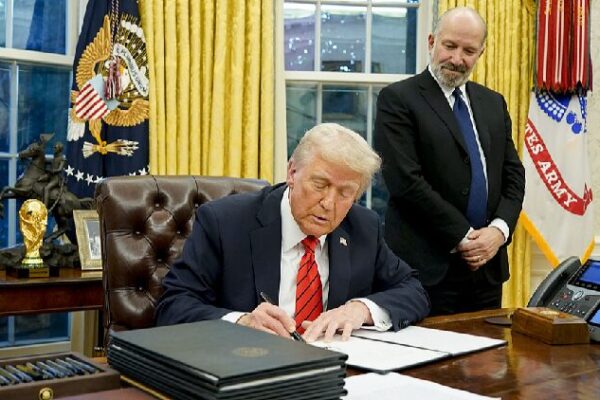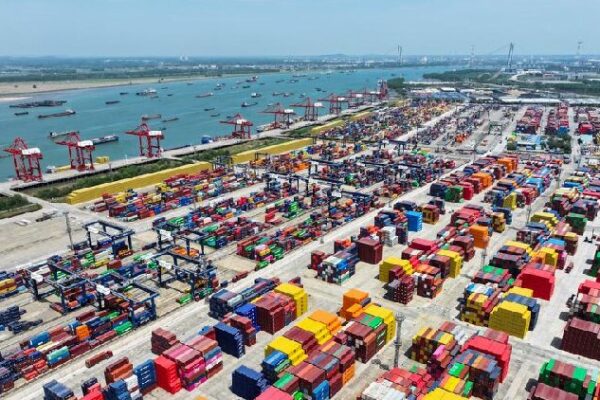The US administration’s recent approach to calculating tariffs based on trade deficits has sparked discussions among economists and international trade experts. The methodology, which some argue simplifies complex economic relationships, aims to address what the administration perceives as unfair trade practices.
According to reports, the administration calculates a country’s “hidden tariff rate” by dividing the US trade deficit with that country by the value of imports. This approach suggests that a trade deficit indicates an implicit tariff imposed by the trading partner.
Economists have raised concerns about this method, arguing that trade deficits result from various factors such as economic structures, currency exchange rates, and consumer demand rather than hidden tariffs. They emphasize that simplifying the issue may lead to misguided policies.
Furthermore, the administration’s assumptions regarding import demand elasticity and tariff pass-through rates have been questioned. By assuming that only 25% of tariffs are passed on to consumers, critics suggest that the calculations may underestimate the actual impact on prices.
“Most studies indicate that a significant portion of tariffs are indeed passed on to consumers, leading to higher prices,” said Dr. Jane Smith, an international trade economist. “Accurate data is crucial for making informed policy decisions.”
In some cases, tariff policies have led to unexpected outcomes. For instance, tariffs were imposed on imports from remote territories like the Heard and McDonald Islands, which are largely uninhabited and home to wildlife such as penguins and seals. Observers argue that such measures have little impact on domestic industry but can strain international relations.
As trade tensions continue, experts suggest a careful reevaluation of tariff calculations and policies. Transparent and data-driven approaches may better address trade imbalances without unintended economic repercussions.
Reference(s):
US administration's trade deficit math: When 2+2 = Tax the penguins
cgtn.com








